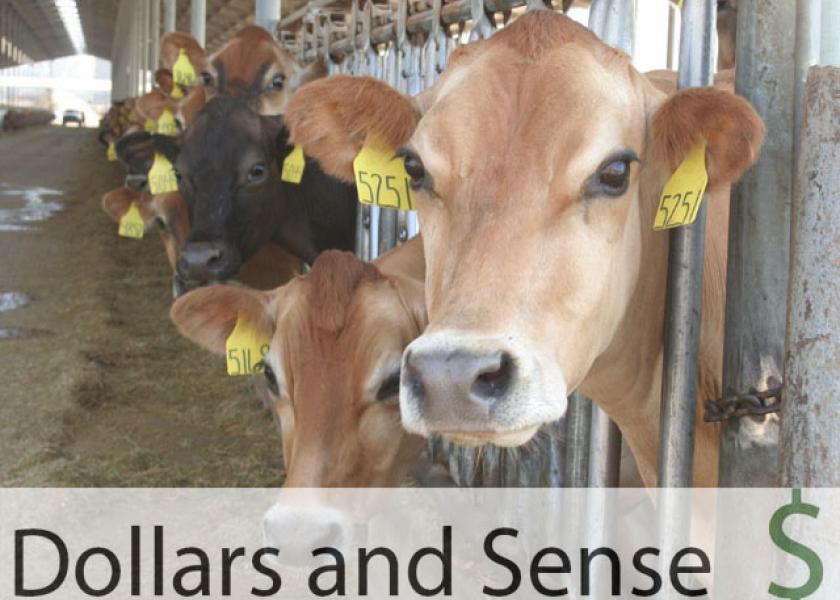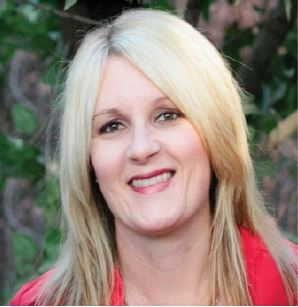Working to Lower Our SCC

 |
Katrina Curti Rainey
Tulare, Calif.
The Raineys milk 550 Jerseys at Rainimade Dairy in California's Central Valley.
Milk quality is a topic that spoiled us in our first year of business. Milk quality came easy. We averaged 110,000 somatic cell count (SCC) for the year and were in the top 10% of the creamery.
When we started in July 2012, the dairy was comprised primarily of first-lactation animals with an average lactation of 1.5. We had some small challenges with higher bacteria levels in some of the fresh first-lactation animals we purchased.
We quickly solved this problem with a recommendation from our DairyWorks consultant to pre-milk those suspect heifers before they calved. Heifers also acclimated to the barn quickly since they were being pre-milked with cows. Problem solved, and we were able to hit some extremely low somatic cell counts, especially in some of the very mild months.
Fast forward to today, as I write, our most recent creamery SCC is 190,000. Way too high! Average lactation has now climbed to 2.4. As you can expect, we did this by keeping some higher SCC cows
because they are high production and always get pregnant.
Our DairyWorks consultant’s most recent monthly visit was focused more on the barn with a review of the milking routine. He recommended and showed us how to better track incidence of chronics and new cases of mastitis in DairyComp. We are implementing a better identification system with both a leg band and a unique ear tag so my husband Brian, I or any other employee can quickly identify chronic cows anytime we are walking animals.
We’ve also identified a simple opportunity we had been overlooking relative to the milker and our milking routine (pre-dip, fore strip, wipe, attach). Milkers were working from rear quarters to front quarters—creating an opportunity to expose their forearm to teat ends as they completed each task.
Other things we have always done to promote milk quality are scrape lanes daily, bed freestalls two times per week and groom daily. We bulk-tank sample monthly for contagious mastitis and sample all fresh and clinical cases of mastitis.
We utilize a monthly service company to do routine maintenance, and we have always used a complete claw exchange program on a calendar schedule so we don’t have to clean and rebuild claws. We have tried different teat dips but firmly believe anytime we have a challenge, we need to review people and protocols first and ensure equipment is functioning properly.







